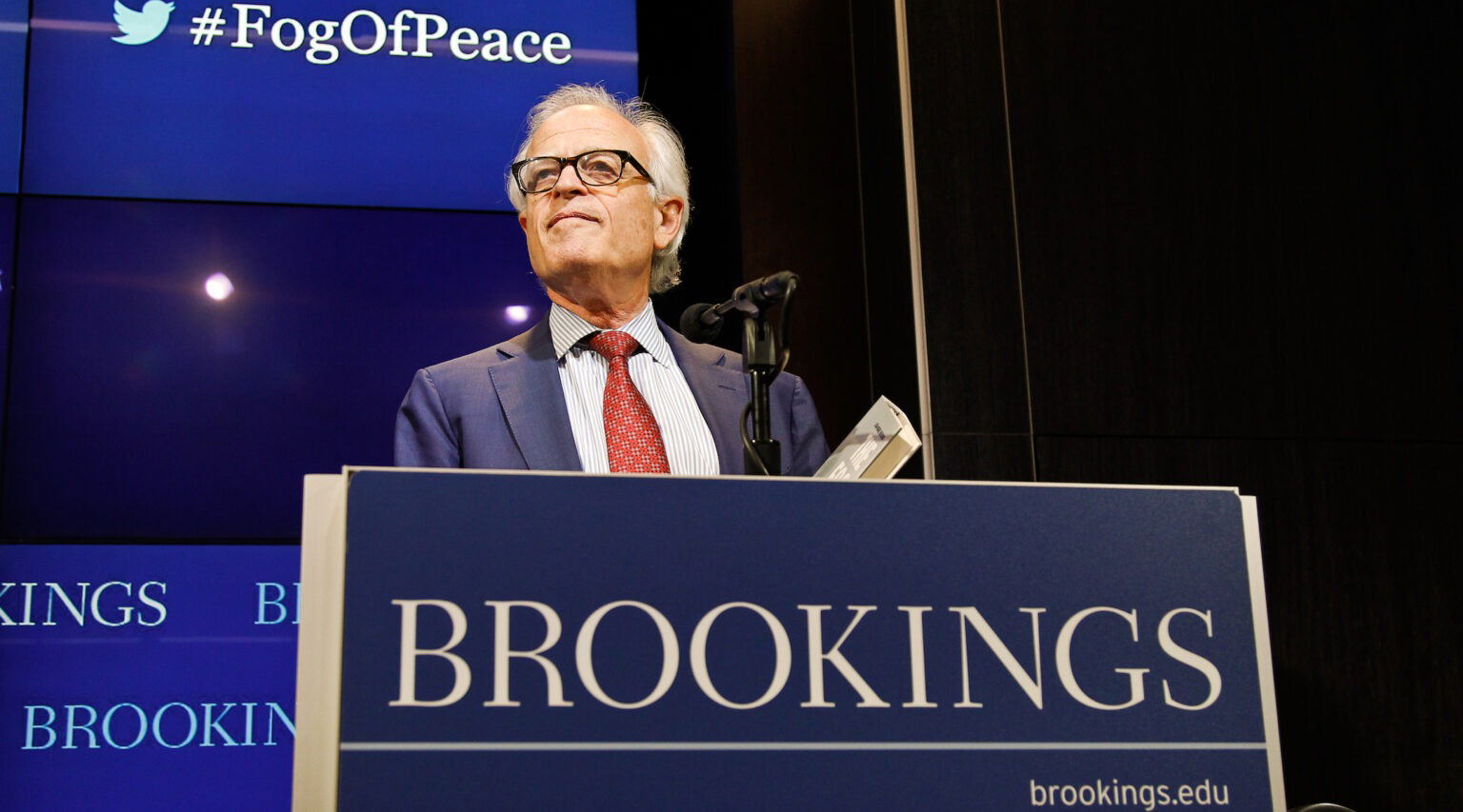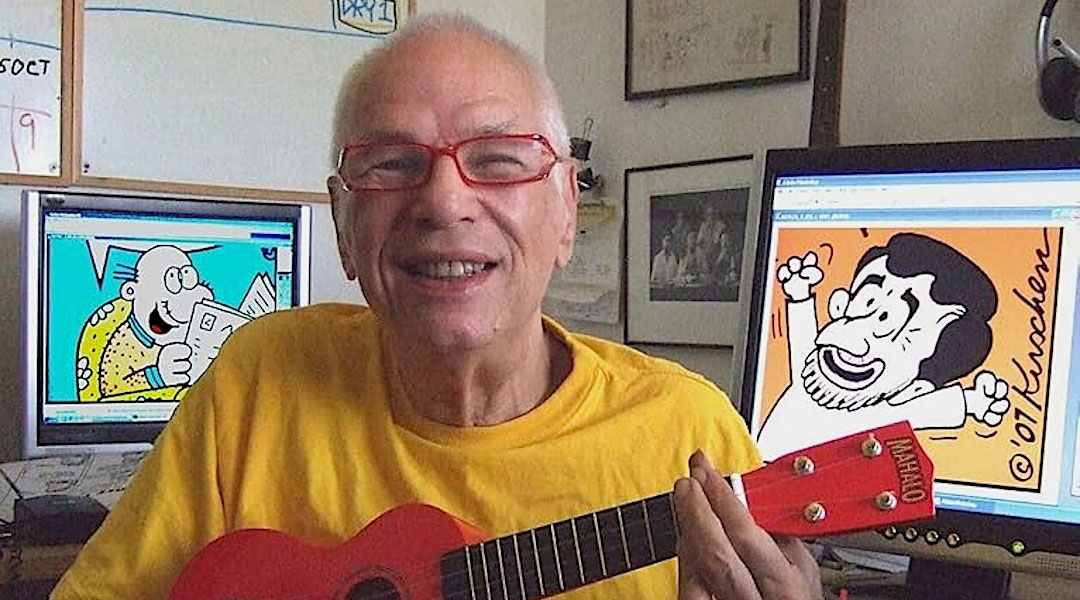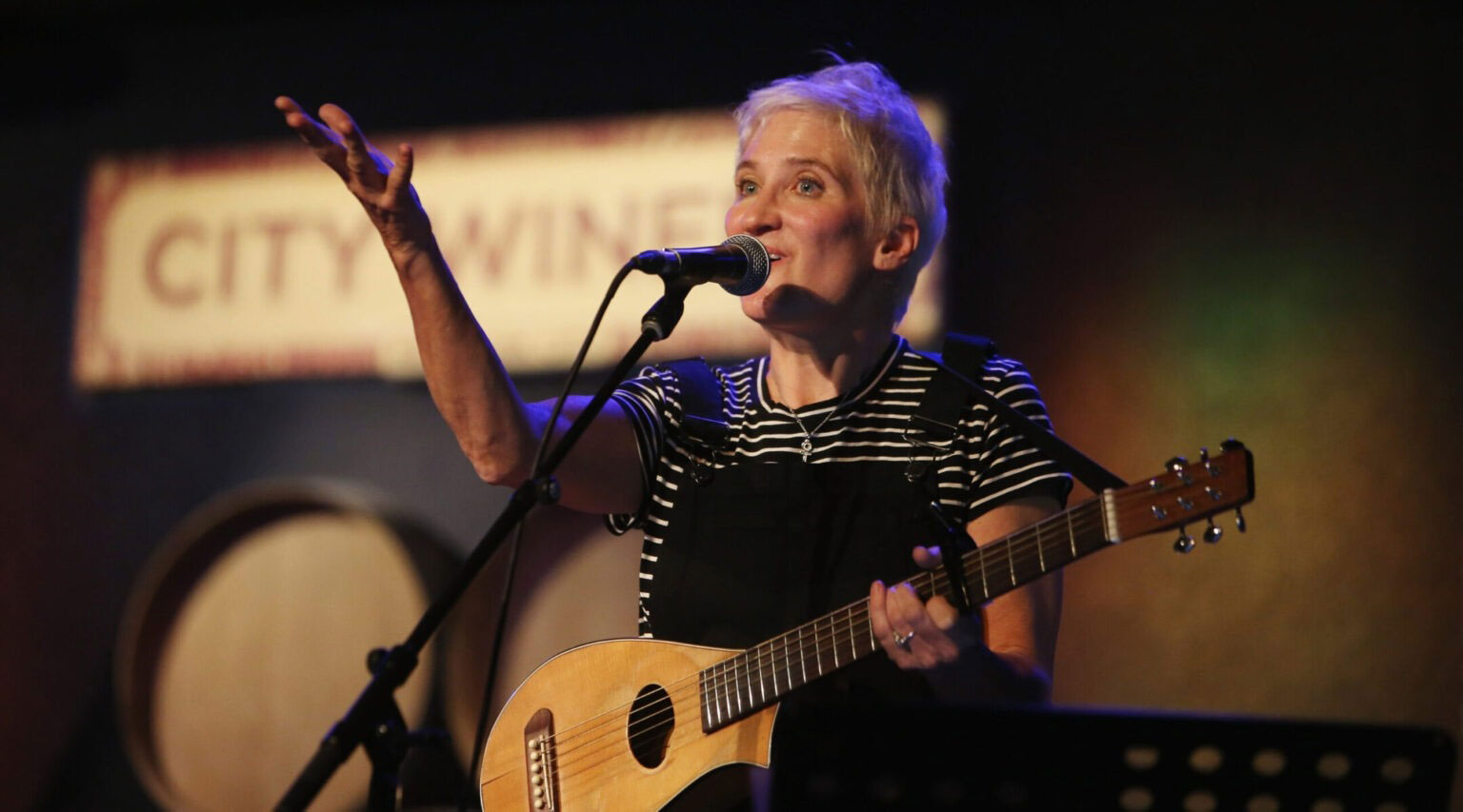Courtesy of JTA. Photo credit: Brookings Institution Press
Martin Indyk, pictured in 2015
(JTA) — Martin Indyk, the Jewish academic who brought intellectualism to pro-Israel advocacy and endured heartbreak as a U.S. diplomat committed to bringing peace to his beloved Israel, has died.
Indyk, 73, died Thursday, the Washington Institute for Near East Policy, the think tank he co-founded, said in a statement. His wife, Gahl Hodges Burt, said the cause was esophageal cancer, The Washington Post reported. He died at home in New Fairfield, Connecticut.
Indyk, who grew up in Australia, twice served as U.S. ambassador to Israel and was assistant secretary of state for near eastern affairs, all during the Clinton Administration. He later served as a peace negotiator.
As recently as last month, Indyk deployed typically biting rhetoric to excoriate one of his nemeses, Israeli Prime Minister Benjamin Netanyahu, but in terms that made clear that what most upset Indyk most was the danger he believed Netanyahu posed to Israel.
“Israel is at war on four fronts: with Hamas in Gaza; with Houthis in Yemen; with Hezbollah in Lebanon; and with Iran overseeing the operations,” Indyk said on June 19 on social MEDIA, a day after Netyanyahu claimed — and the Biden administration denied — that President Joe Biden was withholding weapons from Israel.
“What does Netanyahu do?” Indyk continued. “Attack the United States based on a lie that he made up! The Speaker and Leader should withdraw his invitation to address Congress until he recants and apologizes.” Indyk came to the United States in 1982 on a sabbatical and soon found work with the American Israel Public Affairs Committee, the pro-Israel lobby. U.S. diplomats dispensed.
In 1985 Indyk launched the Washington Institute in partnership with Barbi Weinberg, a top AIPAC donor. The think tank remains influential, with direct lines into the governments of the United States, Israel and multiple Arab nations.
Once elected president, Bill Clinton brought Indyk on to the National Security Council as a Middle East specialist. Indyk played a central role in bringing about the Oslo accords, and the September 1993 handshake between Israeli Prime Minister Yitzhak Rabin and Palestine Liberation Organization Chairman Yasser Arafat.
Within two years, Indyk, who became a U.S. citizen, made history when Clinton named him the first Jewish U.S. ambassador to Israel.
Indyk left government with Clinton in 2001 and watched his dreams of a two-state outcome crumble under the pressures of the Second Intifada, and increased Palestinian-Israeli mistrust.
After leaving government, he transitioned into permanent think tank mode, housed for years at the Brookings Institution and then at the Council on Foreign Relations.He is survived by his wife, Gahl Hodges Burt, two children from his first marriage, Jacob and Sarah, and five grandchildren.





